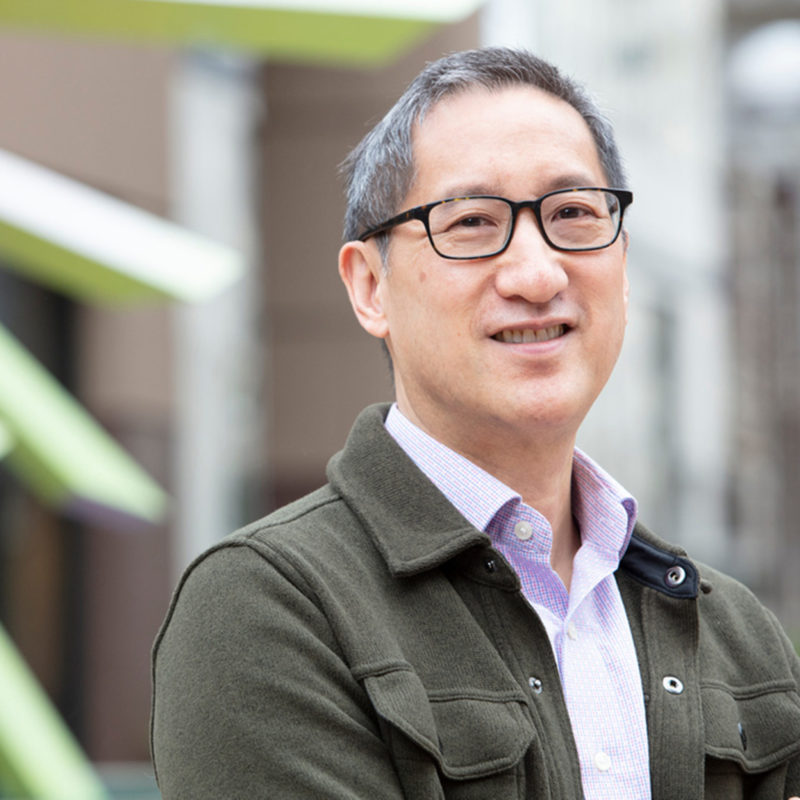Pausing for Power
We’ve all heard of the power pose: the stance we take when we need to build our confidence quickly. But what about the power pause? It sounds counterintuitive that pausing can be powerful. Or that rest can be radical. But how often, especially for those of us in the nonprofit sector, do we really take a step back to reflect on our work, connect with peers or simply — and intentionally — rest?
In the nonprofit community, the resolve to create change is particularly pronounced: staff at nonprofits are burned out, and it’s a trend that seems to be continuing unabated. Having devoted almost 20 years to work that includes supporting grantees who defend the rights of immigrants, I have seen the substantial efforts of mission-driven staff who have little time to rest. Particularly since 2017, nonprofits working on immigrant rights have faced myriad challenges, including a hostile administration and stalling border legislation.
Pausing and rest are exactly what immigrant rights advocates can benefit from, and restoring their power and resolve will make their work for California’s immigrants more powerful, too.
Restoring Immigrant Movement Advocates
Cal Wellness has a long history of hosting small, in-person retreats for our grantees. The foundation started annual retreats with health policy advocates working to expand health coverage to people without health insurance. It paid for the venue and grantees’ travel expenses. As a former health advocate who attended many of these, I found them hugely beneficial — and my advocacy efforts became more effective as a result.
In May, Cal Wellness hosted Power Pause 2024: Immigrant Rights Retreat, the second such retreat for California immigrant rights movement advocates. We organized this gathering in partnership with other movement leaders at the Center for Collaborative Planning and Research Action Design. And because we know grantees are best able to determine what to cover at convenings like this, they planned the agenda with support from facilitators. Cal Wellness held this space for grantees to listen, learn and share — and to imagine radical acts of rest and resistance by strengthening relationships with each other, resting and rejuvenating.

